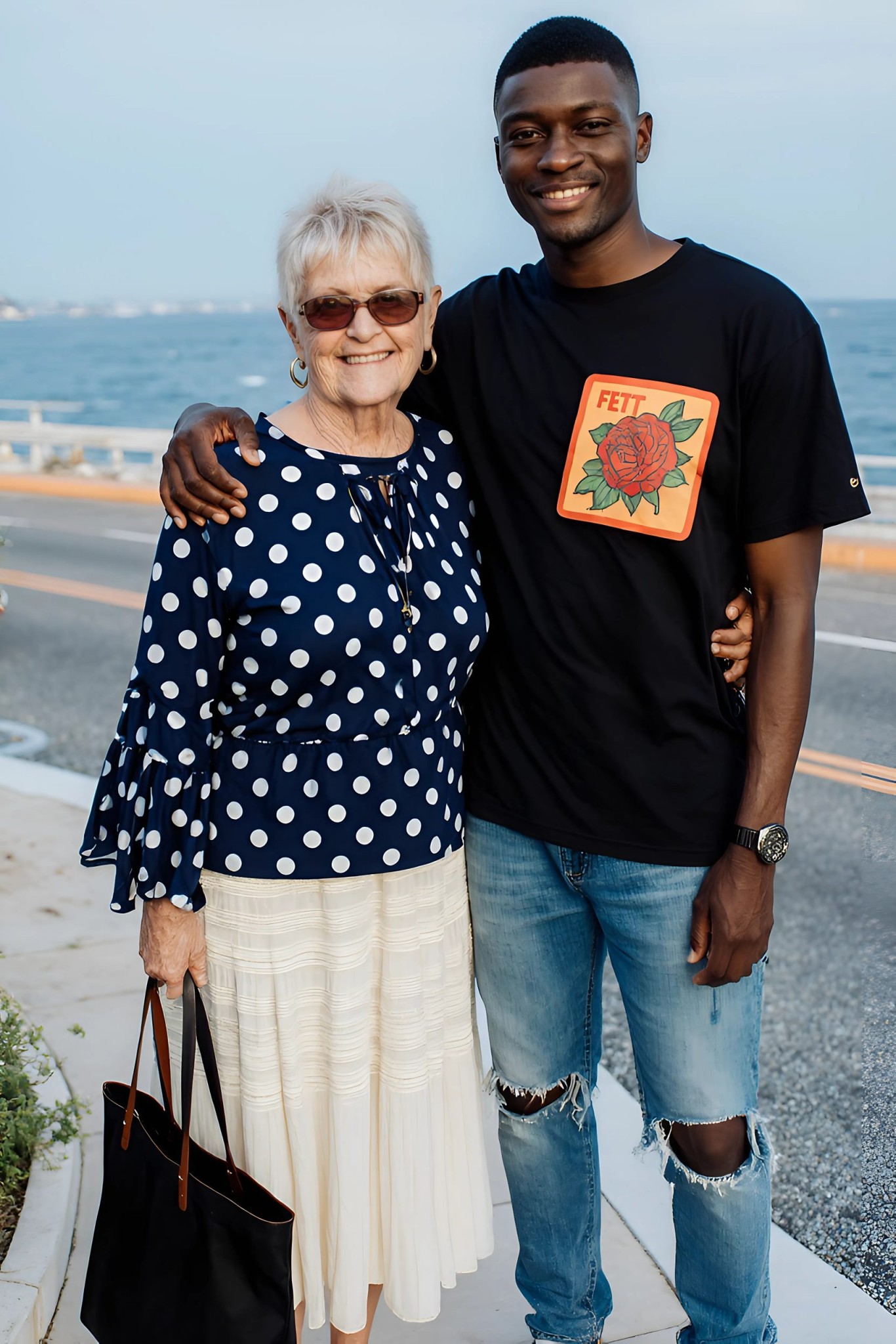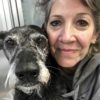We weren’t supposed to be sitting next to each other at all.
It was one of those horribly crowded flights to Miami. I was twenty-two, barely on my feet after finals and feeling like life was a rushing train that I didn’t have a ticket or the energy to get on. I deliberately chose a seat in the back by the loo – so I wouldn’t have to talk to anyone. But because of the urgent rearrangement of seats (the family wanted to sit together), I ended up in 12B: middle seat, zero space, on one side a well-fed man already asleep with a pillow under his neck, on the other side a petite elderly woman with giant sunglasses and a book called ‘Love After 80’.
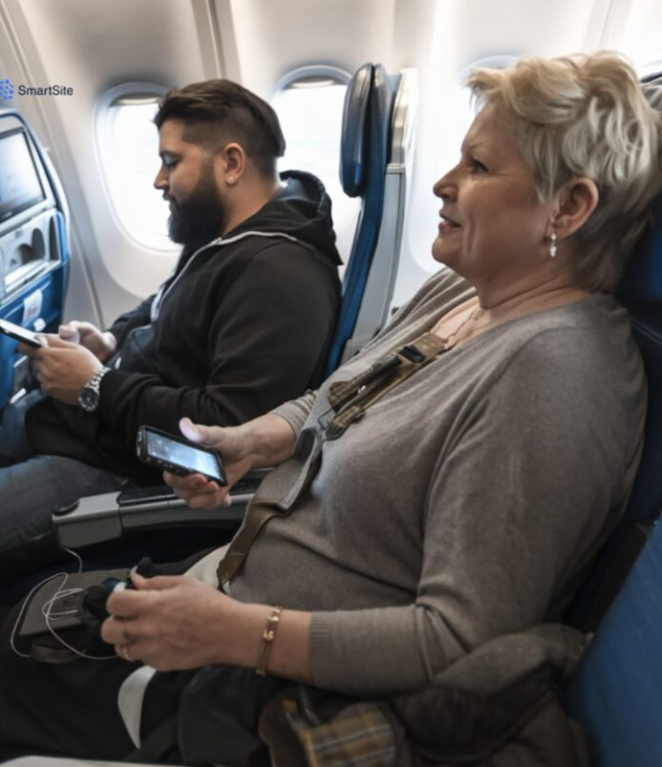
Before takeoff, she touched my arm lightly and said:
I’m afraid of flying. I may have to hold your hand.
I snorted:
I’m a poor student scared to death of becoming a poor adult. Hold on as long as you need to.
She laughed – a thick, husky laugh, not at all in keeping with her looks. We talked the whole flight. Her name was Elena, she was eighty-three, and she had more wit than all my classmates put together. A widow. Hardly talks to her kids. Used to teach art in college. Danced on Fridays until my knees gave out.
Now I only believe in desserts,” she said with a sly smile.
I told her I was studying to be a designer, but had no idea what would come of it. She listened. Not out of politeness, but genuinely. She listened. Questioned. Arguing.
You’re already something,” she said. – Everything else is just decoration.
After boarding, I helped her get her luggage. She hugged me like we’d known each other for years.
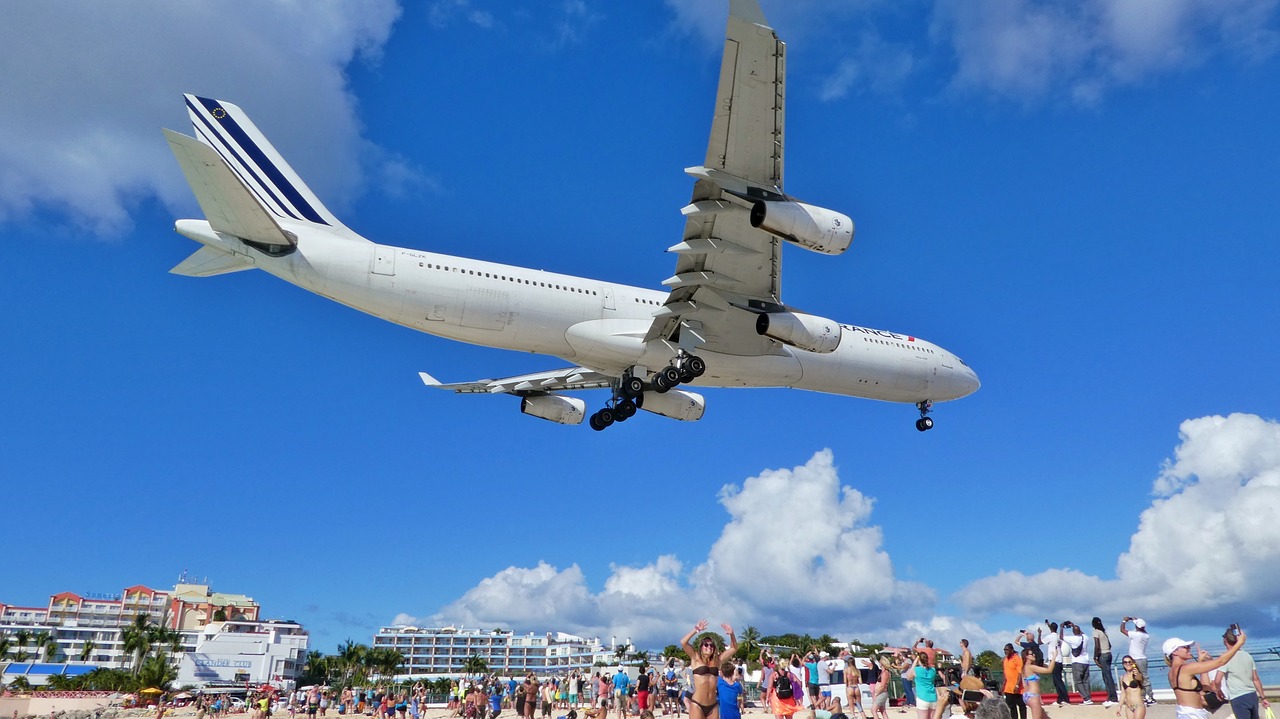
I thought it was just a chance meeting – warm but fleeting.
A week later, the letter came.
You mentioned a thesis project. Any chance of seeing it? I need an alternative to the gnomes on my neighbour’s lawn.
And then there was another one.
And then the calls started. Usually on Sundays. Then the packages. Real biscuits, sent across three states, with notes like:
These helped me at my first vernissage. Now it’s your turn.
I’d send her sketches. She sent honest – sometimes merciless – feedback. But always with care.
One day she called and said:
“What if we go back to Miami? There was one dance left.
When I flew in, she met me at the airport herself – in a rented car that looked like a toaster. Said she didn’t trust taxis. And that she missed the feel of the steering wheel in her hands.
But instead of her flat, she took me to a gallery in a quiet art district. I thought she’d show me an old place or someone else’s exhibition.
She hardly said anything, just smiled.
And that’s when I saw it.
My artwork.
On the walls.
In frames.
Under the lights.
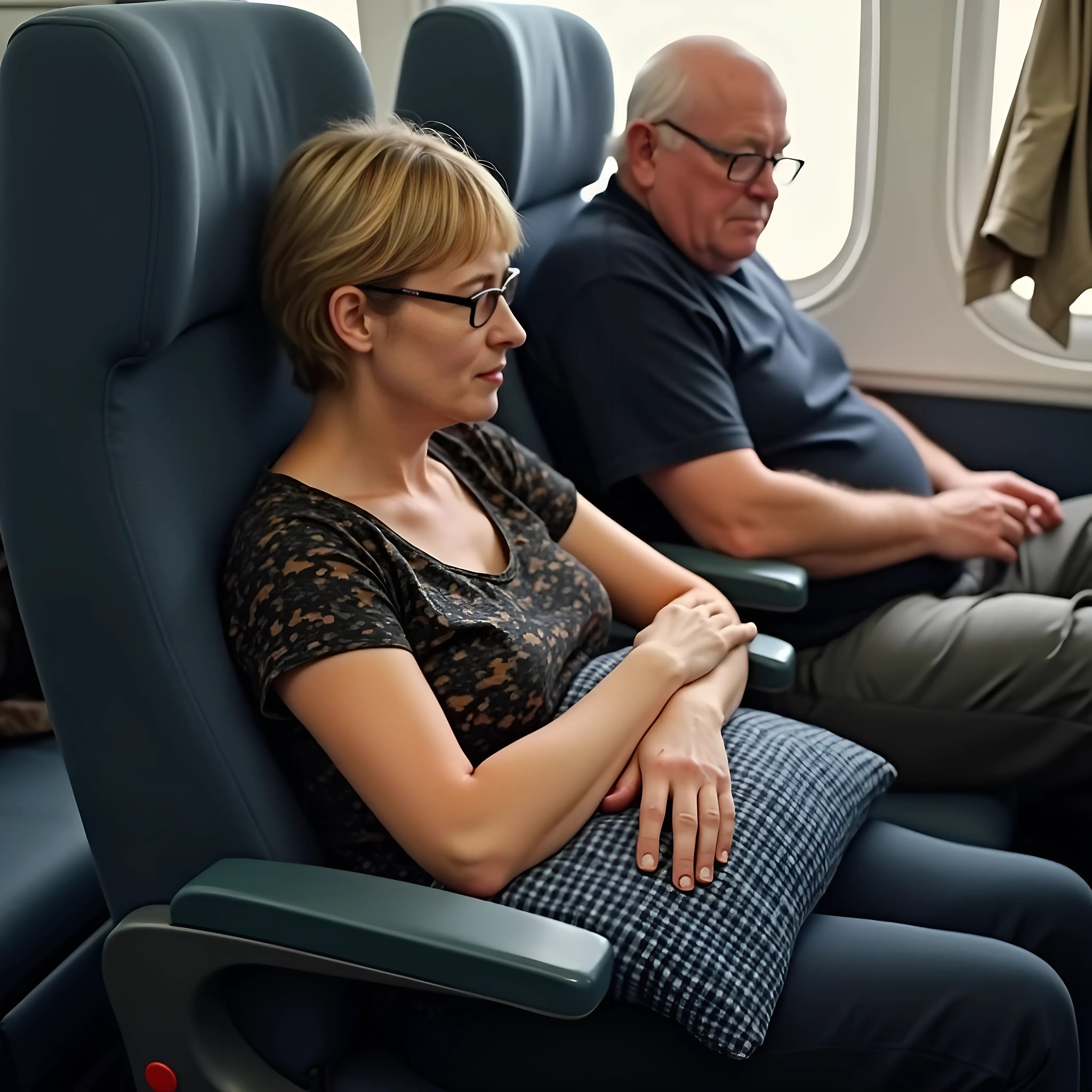
People were walking around, sipping cheap wine, pointing out my sketches, my ideas. Someone was having their photo taken in front of a large abstract I’d nearly thrown away last term.
My legs gave out. Elena just looked at me and said:
Surprise.
It turns out that all this time she had been collecting my work, printing, designing, selecting. She involved some teacher friends: one knew the owner of a gallery, another knew a sponsor from an art fund. It was all arranged weeks before that evening.
“I couldn’t let the world miss it,” she said.
I could barely speak.
People were coming up to me, asking about inspiration, technique. One woman gave me her business card – she wanted to publish an interview in a magazine. Another asked if she could buy a print.
Elena fluttered around the room like a queen, introducing me as ‘her favourite discovery of the decade’.
Later, at her home, I asked her why she did all this.
Everyone has to have a person who puts their own spin on it,’ she replied. – I had art. You have everything ahead of you.
That was three years ago.
I now have my own studio in a loft that I could barely afford at the time. My work has been shown in several other galleries. Partly because of those connections. Partly because Elena wouldn’t stop calling and persuading.
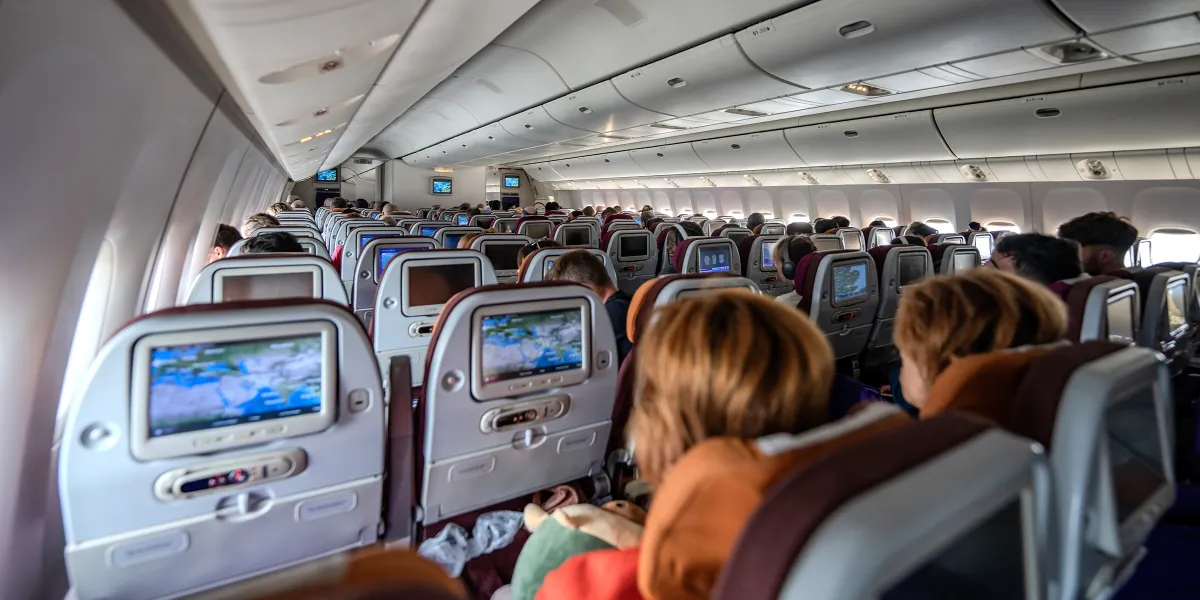
She didn’t want fame. She said:
True influence needs no explanation.
Last month, I brought her to my first solo opening in New York.
We took selfies in front of the exhibition’s title. Before the photo, she leaned over and whispered:
You’ve given me a reason to look forward to tomorrow again. I want to make you my family.
Then she handed me an envelope.
Inside was a notarised letter. She had updated the will.
She appointed me to be the executor of her last will and testament – and set up a small fund for young artists called the Second Place Fund.
Because sometimes, she said, your whole life changes when someone lets you sit next to them.
Elena passed away quietly, six weeks later.
At the wake, I showed that photo from New York. Told her about the flight. About the biscuits. The gallery. The foundation. People cried. They laughed. Applauded. A woman from the foundation came up afterwards and said she wanted to develop the idea with other sponsors.
Now the foundation has already supported five young artists. And that’s just the beginning.
I never imagined that a chance encounter on a plane would change my whole life.
But it happens, doesn’t it?
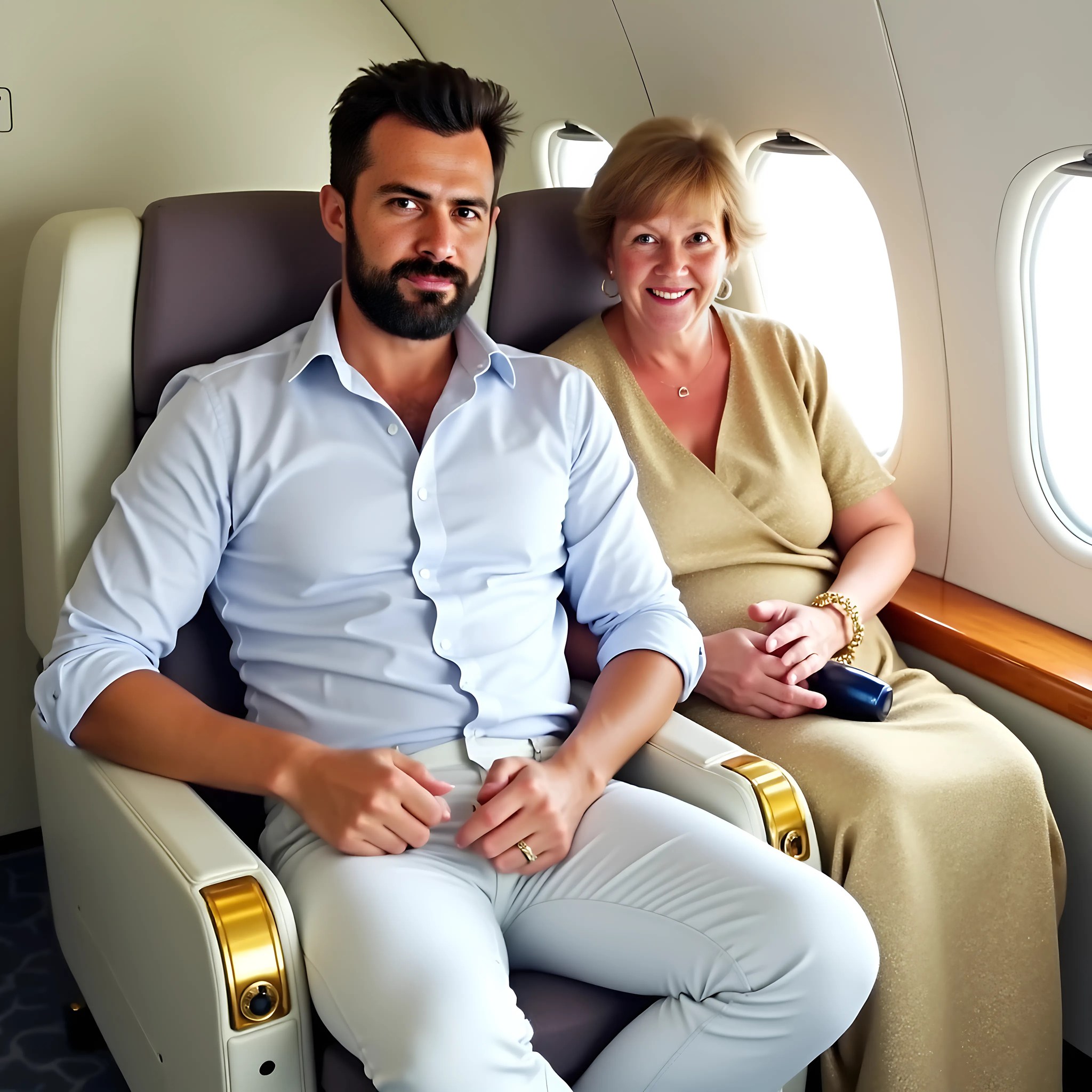
Sometimes the most important people come at the most unexpected moment – and leave us better than they found us.
Would you talk to someone like Elena? Or would you stare at your phone – and miss your chance?
Share if you believe in ‘second best.’ And maybe the next time someone touches your arm before you take off – give it a chance.
